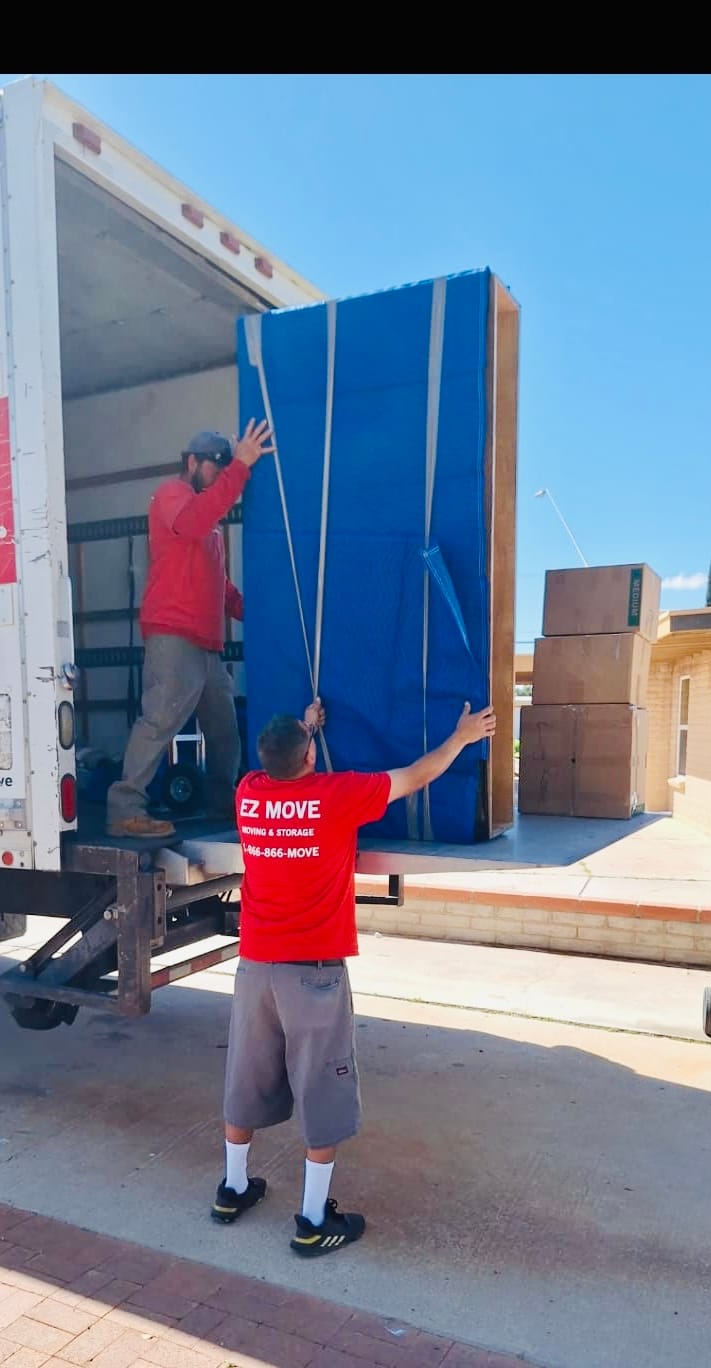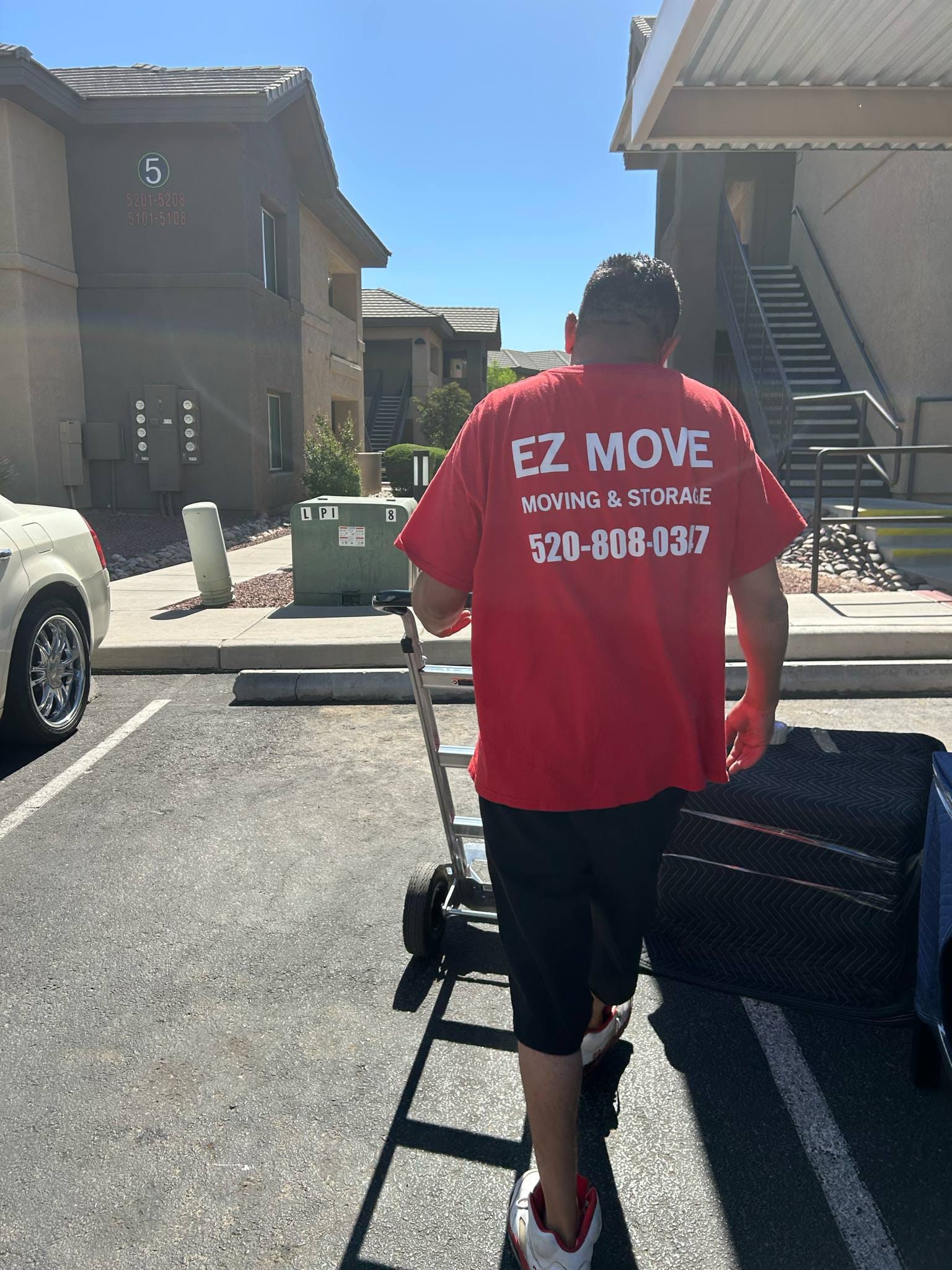While packing up your life into a few boxes is daunting, understanding the cost of moving those boxes across the country can be an even bigger mystery. You’re probably wondering, “What do cross-country movers typically charge?” The answer isn’t as straightforward since a variety of factors influence the final price. You’ll find that distance, weight of your belongings, and additional services required all play a role. By breaking down these costs and comparing quotes from different movers, you can better anticipate your moving expenses. Whether you’re downsizing or moving into your dream home, knowing the breakdown can help you budget effectively and minimize any financial surprises.
Understanding Cross-Country Moving Costs
While you’re planning your big move, it’s crucial to understand that cross-country moving costs can widely vary depending on several key factors. Companies often offer relocation packages that can include various services to ease your transition. It’s important to know that these packages aren’t one-size-fits-all. They’re customized to suit individual needs and budgets.
Typically, relocation packages may cover the cost of moving your belongings, temporary housing, and even certain travel expenses. However, they might not include everything you need. That’s where insurance necessities come into play. Insurance is a must-have to protect your belongings during transportation. It’s not uncommon for items to get damaged, lost, or stolen during a big move. To prevent these unfortunate events from causing you financial hardship, you should ensure that your insurance coverage is adequate.
Factors Influencing Long Distance Rates
The cost you’ll incur for long-distance moving depends on several key factors. Relocation budgeting is crucial. The more precise and detailed your budget, the more likely you’ll avoid unexpected expenses. This includes estimating costs for packing materials, labor, and any additional services you may need.
Packing efficiency also significantly influences moving costs. The more belongings you have, the more you’ll pay for transport. Efficient packing can help reduce the volume of items, and consequently, the cost. Consider decluttering and getting rid of unnecessary items before your move.
The distance you’re moving is another determining factor. Generally, the farther the distance, the higher the cost. Moreover, if you’re moving to a location that’s difficult to access, the moving company may charge extra.
Timing is also important. If possible, avoid peak moving times like weekends, the beginning or end of the month, and the summer season. During these times, demand for moving services is high, and so are the rates.
The moving company’s pricing structure can affect the final cost. Some companies offer flat rates, while others charge based on weight and distance. Compare quotes from different movers to make sure you’re getting the best deal.
Breakdown of Moving Company Charges
In understanding your moving costs, it’s essential to break down the charges you’re likely to encounter. This will help you get a handle on your budget and avoid any surprises.
A key part of this process is a Hidden Charges Analysis. This involves combing through your quote to identify any costs that aren’t immediately obvious. Pricing Transparency is also crucial, as it ensures you’re aware of all potential charges upfront, not just the ones listed in the base price.
Here’s a rough breakdown of what you might see in a moving company’s charges:
- Packing Services: These include the cost of packing materials and the labor involved in packing your belongings.
- Loading and Unloading: These are the costs for the physical labor to load and unload your items onto the truck.
- Transportation: This covers the cost of the moving truck and fuel.
- Insurance: If you opt for additional coverage beyond the basic liability, there will be an extra charge.
- Extra Services: These might include disassembling and reassembling furniture, shuttle services, or storage.
Tips to Minimize Moving Expenses
You might think moving cross country will cost a small fortune, but several strategies can help you lower those expenses significantly. Essential to this is budget planning. Begin by researching potential moving companies, comparing their rates, and understanding their billing policies. This can help you avoid hidden costs and negotiate for better deals.
Packing strategies also play a huge role in minimizing your moving expenses. Opt for doing most of the packing yourself. Not only does this reduce labor costs, but it also allows you to declutter and only move necessary items. You’d be surprised how much you can save by simply lightening your load.
Consider sourcing your moving boxes from local stores or online marketplaces. Often, you can find them for free or at a very low cost, which can substantially reduce your packing expenses.
Timing is crucial. If possible, schedule your move during off-peak times such as weekdays or off-seasons when moving rates are typically lower.
In essence, a thoughtful and targeted approach can help you significantly cut down on the expenses associated with cross-country moving. Remember, every penny saved is a penny earned.
Comparing Quotes From Different Movers
So, how do you go about comparing quotes from different movers? It’s not as daunting as it may seem, especially if you’ve got some quote negotiation strategies in your arsenal.
Gather as many quotes as possible. Utilize online resources to get a sense of the market. Comparing online quotes gives you a broad view of what you might expect to pay. Remember, cheaper isn’t always better. Look for value, not just the lowest price.
Consider the following when comparing quotes:
- Check for hidden fees. Ensure the quote includes all the services you need.
- Assess the company’s reputation. Reviews can speak volumes about their reliability and professionalism.
- Scrutinize the insurance coverage. It’s crucial to know what’s covered in case of damage or loss.
- Look for flexible options. Can they accommodate your schedule and special requirements?
- Test their customer service. Responsive and courteous service can ease your moving stress.
After gathering and analyzing this information, you’re ready for quote negotiation strategies. Don’t be afraid to ask for discounts or better terms. Remember, quotes are typically negotiable. With a little effort, you can find a mover that fits your budget while offering quality service.



